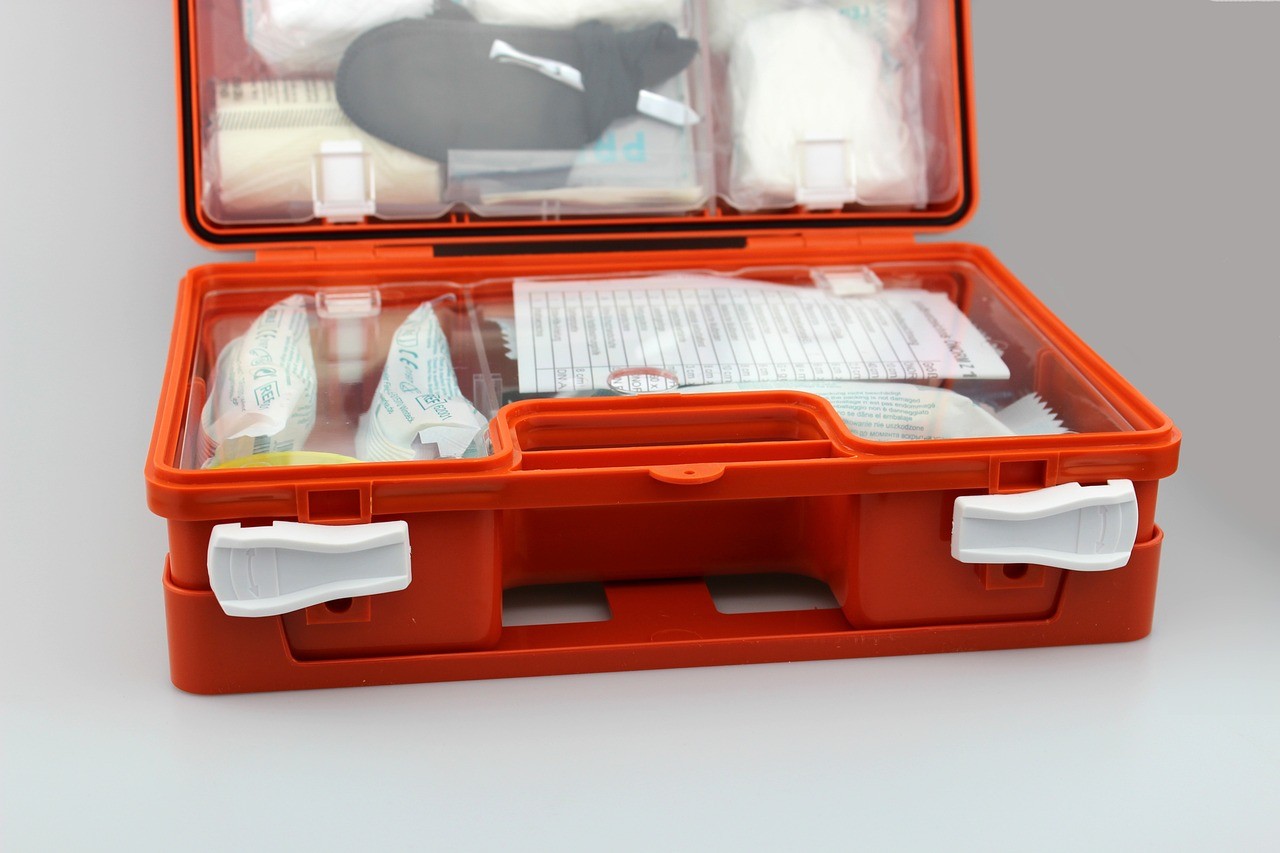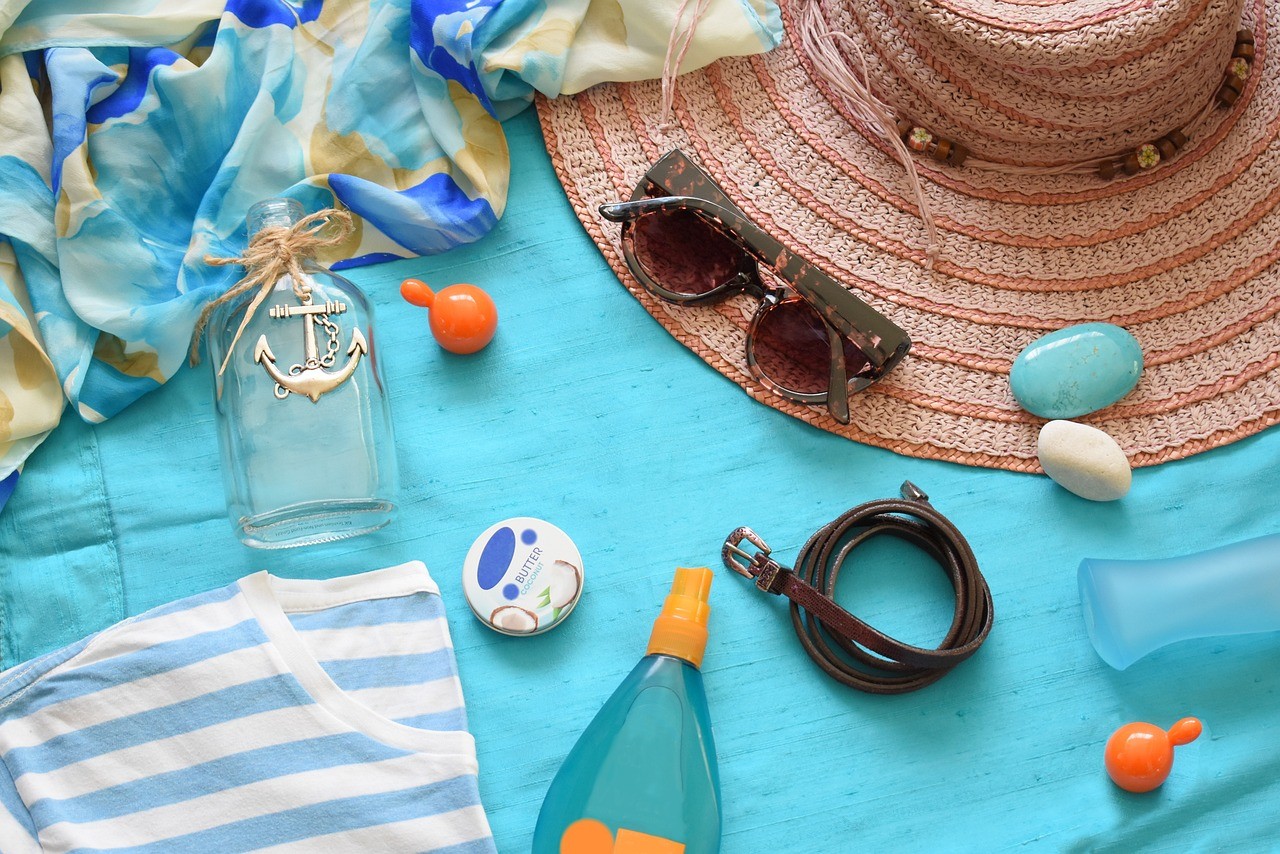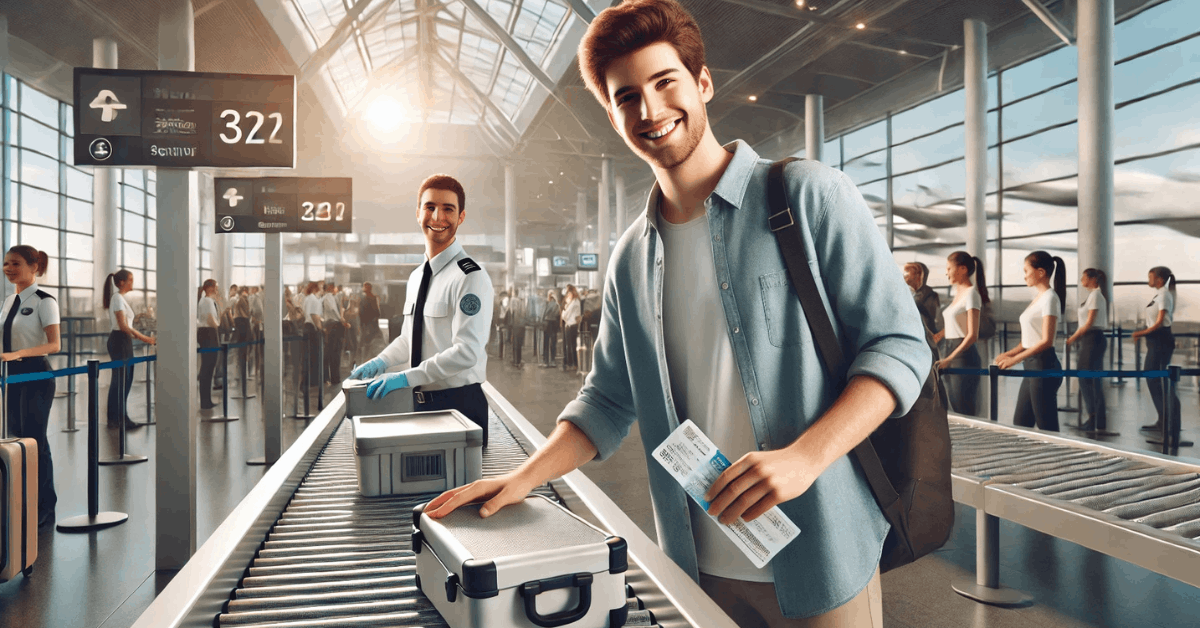Every traveler knows that preparedness is vital, and at the core of any traveler's arsenal lies the travel first aid kit checklist.
Whether setting off a weekend getaway or embarking on a globetrotting adventure, this checklist is your reliable companion.
In this guide, we'll outline the must-have items for your travel first aid kit, ensuring you're well-equipped for any journey.

Essentials for Your Travel First Aid Kit
Before diving into the list, it's crucial to understand what you should include to ensure your kit is well-prepared for various situations. Here are the essential items to consider:
Medications and Prescriptions:
- Common over-the-counter medications like pain relievers and antihistamines.
- Any prescription medications you need, with a copy of the prescription.
Basic First Aid Supplies:
- An assortment of bandages and adhesive strips.
- Antiseptic wipes or spray.
- Tweezers and scissors for wound care.
- Disposable gloves for hygiene and safety.
Wound Care Items:
- Sterile gauze pads and adhesive tape.
- Instant cold packs for reducing swelling.
- Burn cream or gel for minor burns and scalds.
Personal Health and Hygiene:
- Sunscreen and lip balm with SPF for sun protection.
- Insect repellent to prevent bug bites.
- Hand sanitizer for maintaining cleanliness on the go.
Having these essentials in your travel first aid kit will help you address common health concerns during your journey.
Additional Considerations
While the essentials form the foundation, tailoring your kit to specific needs and destinations is essential. Here are some additional considerations to keep in mind:
Destination-specific Items
Here's a checklist of must-have items to ensure your safety and well-being wherever your journey takes you.
Region-specific Health Risks
Before embarking on your journey, conducting thorough research about the specific region or destination you plan to visit is crucial. Different areas of the world may present unique health risks you should be aware of. These risks can include:
- Vector-Borne Diseases: Insect-transmitted diseases, like malaria in tropical areas or Lyme disease in wooded regions, may require insect repellent, bed nets, and antimalarial meds.
- Altitude Sickness: High-altitude travel, such as the Andes or Himalayas, risks altitude sickness. Medications like acetazolamide can prevent and relieve symptoms.
- Food and Water Safety: Some areas have a higher risk of foodborne illnesses or contaminated water. Consider water purification tablets or a portable filter.
- Climate Challenges: Extreme climates, hot or cold, can affect health. Pack sunscreen, lip balm with SPF for heat, and thermal clothing for cold destinations.

Additional Items Required for Specific Destinations
Different destinations may demand other items tailored to the local conditions and activities you plan to undertake. Here are some examples:
- Tropical Areas: In addition to insect repellent and antimalarial medication, you may want to carry oral rehydration salts (ORS) for preventing dehydration due to diarrhea.
- Desert Travel: For desert regions, consider including extra supplies of sunscreen, a wide-brimmed hat, and excess water storage.
- Remote Wilderness: If you're venturing into remote wilderness areas, a satellite communication device, essential survival gear, and a comprehensive first aid manual can be invaluable.
- Beach Vacations: Coastal destinations might require items such as vinegar (for jellyfish stings) or water shoes (to protect against sharp rocks and sea creatures).
By researching region-specific health risks and listing any additional items required, you can adapt your travel first aid kit to meet the challenges of your specific destination and ensure a safer and more enjoyable trip.
Also read: Ignite Your Travel Passion With These Helpful Tips
Allergy and Medical Alert Information
Our safety during travel is paramount, and having crucial information readily available can be a lifesaver. Here's why carrying allergy and medical alert information is essential for travelers.
Now, let's discuss the importance of carrying allergy and medical alert information:
- Emergency Awareness: Accurate medical info helps professionals quickly address your needs, potentially saving your life.
- Swift Treatment: Info availability aids timely, correct treatment, reducing complications.
- Medication Safety: Prevent conflicts with local treatments by sharing your medication details.
- Peace of Mind: Carrying this info ensures readiness for unexpected medical situations.
- Communication Aid: In foreign countries, alerts help convey health needs despite language barriers.
Contact Information
Include essential emergency contact numbers and information about nearby healthcare facilities to ensure quick access to medical assistance when traveling.
Share this information with a trusted individual, ensuring someone back home knows your health details and can assist in emergencies.
Packing and Organizing Tips
Packaging and organizing your kit ensures quick access to critical travel items. Here are some tips to help you achieve this:
- Compact Container: Opt for a compact and durable container to keep your first aid supplies secure and easily portable.
- Categorize and Label: Organize items into categories and label them for quick identification, such as wound care, medications, and personal hygiene.
- Frequent Checkups: Regularly check the contents of your kit and replace any expired medications or supplies to keep it up-to-date.
- Easy Access: Store frequently used items like bandages and sanitizer near the top for easy emergency access.
- Customization: Tailor your kit to your specific needs and the activities you plan to undertake during your trip.
By following these packing and organizing tips, you can ensure that your travel first aid kit is efficient and effective, providing peace of mind.
Customizing Your Kit
Tailoring your kit ensures you're well-prepared for any health-related situation during your travels. Here are some key considerations for customizing your kit:
- Personal Health Needs: Include any medications or supplies specific to your health needs, such as allergy medications or EpiPens.
- Destination Activities: Adapt your kit based on the activities you plan to engage in. For example, hikers may need additional wound care items, while beachgoers might require items for sunburn and jellyfish stings.
- Group Size: Consider the number of people traveling with you and their health needs when customizing your kit.
- Trip Duration: Ensure you have an adequate supply of medications and essentials.
- Medical Conditions: If you or your travel companions have chronic medical conditions, include necessary supplies and information.
By customizing your travel first aid kit by these factors, you can optimize its effectiveness and be well-prepared for your journey's unique requirements.
Wrapping Up: The Ultimate Travel First Aid Kit Checklist
In summary, your travel first aid kit is an indispensable companion for any journey, providing peace of mind and readiness for unforeseen circumstances.
Following this checklist, you can create a tailored and well-organized kit that suits your destination, activities, and personal needs.
Whether it's a short getaway or an extensive adventure, a well-prepared travel first aid kit ensures you can explore with confidence, knowing you're equipped to handle health-related situations that may arise. Safe travels!

















